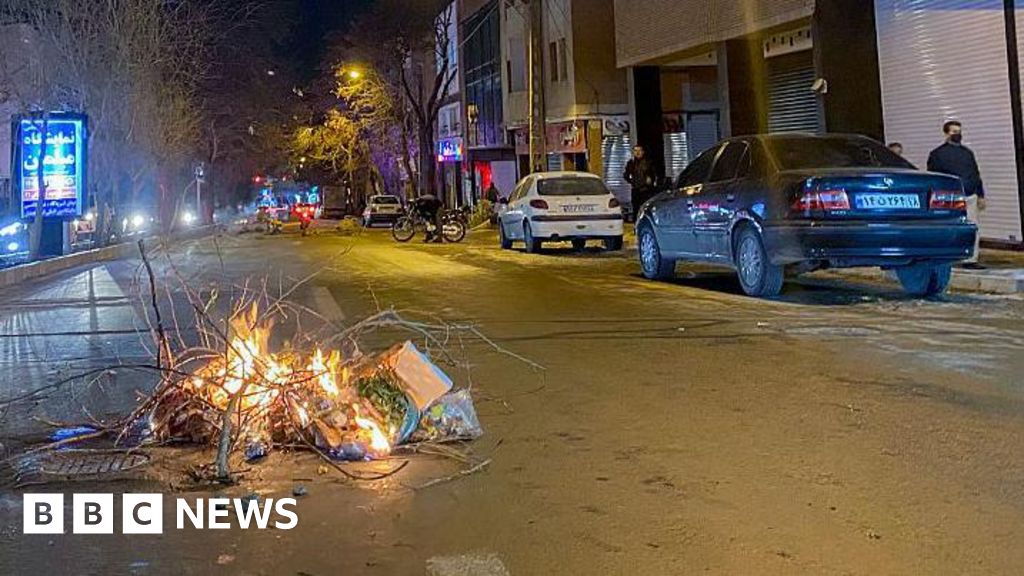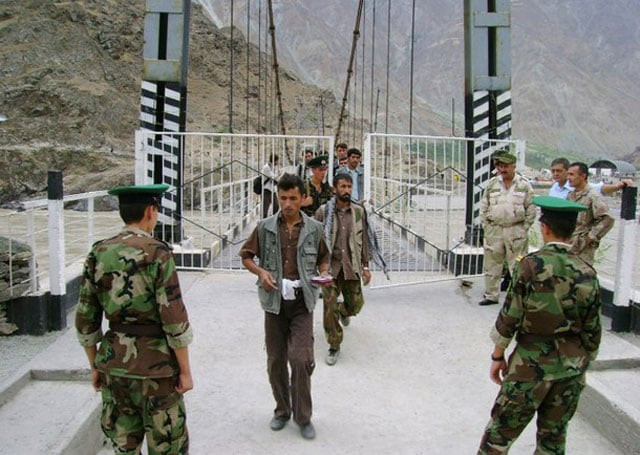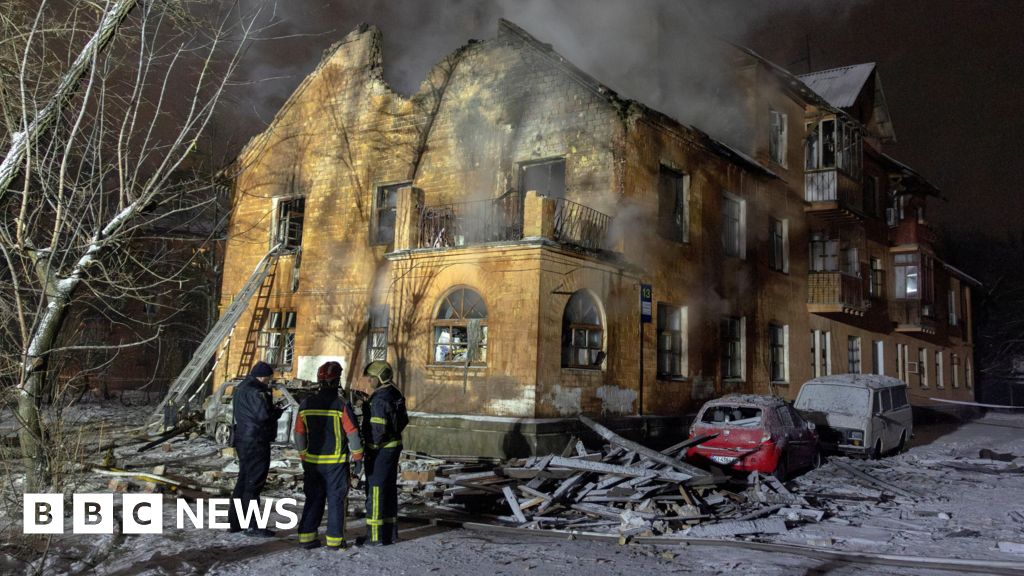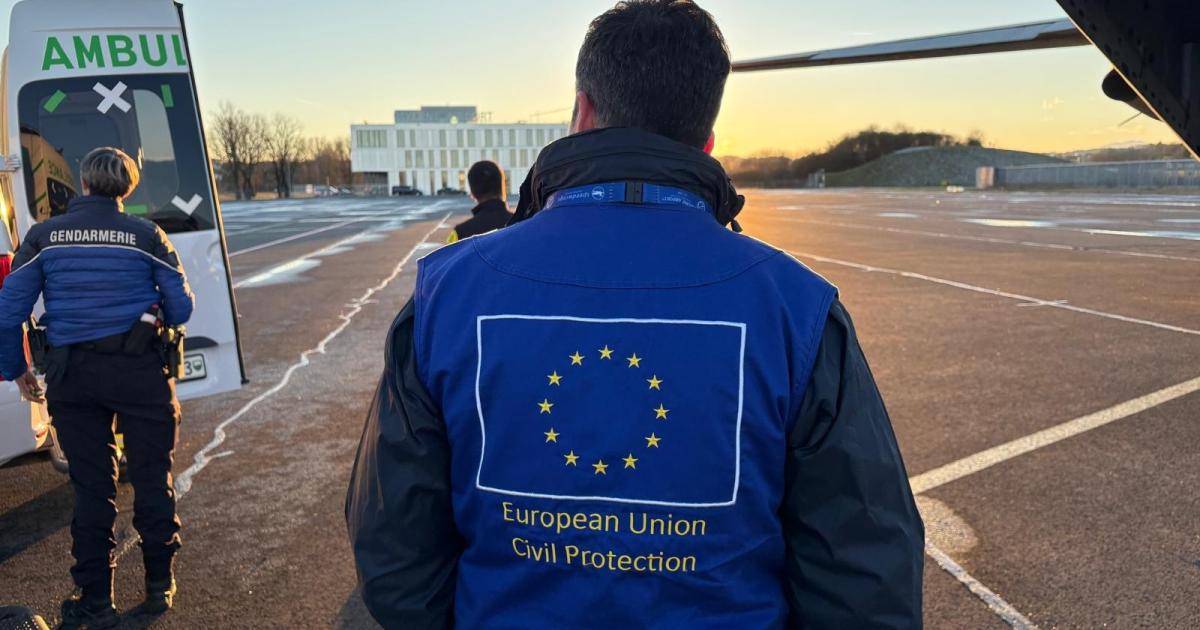Vast crowds of Iranians have taken to the streets of the capital, Tehran, and several other cities, calling for an end to the Islamic Republic and in many places for the restoration of the monarchy.
Young and old, rich and poor, Iranians across…

Vast crowds of Iranians have taken to the streets of the capital, Tehran, and several other cities, calling for an end to the Islamic Republic and in many places for the restoration of the monarchy.
Young and old, rich and poor, Iranians across…

Embassy cites deteriorating security situation after attacks on Chinese citizens, gold mining companies
The Chinese Embassy in Afghanistan has issued an…

Russia has used the Oreshnik ballistic missile as part of a massive overnight strike on Ukraine.
Four people were killed and 25 others injured in Kyiv on Thursday night, where loud booms could be heard for several hours, setting the sky alight…

Commissioner for Crisis Management Hadja Lahbib is participating today in the official national commemoration honouring the victims of the Crans Montana fire and expressing solidarity with the injured, their families and the communities affected….

There are still no trains running between Sheffield and Manchester after TransPennine Express (TPE) closed the line on Thursday ahead of Storm Goretti.
Speaking to BBC…
At Maersk, we greatly appreciate your continued trust and support in our services. We would like to inform you of an upcoming adjustment to our Import tariff for limited corridors mentioned below effective from 23rd Jan 2026. This revision…